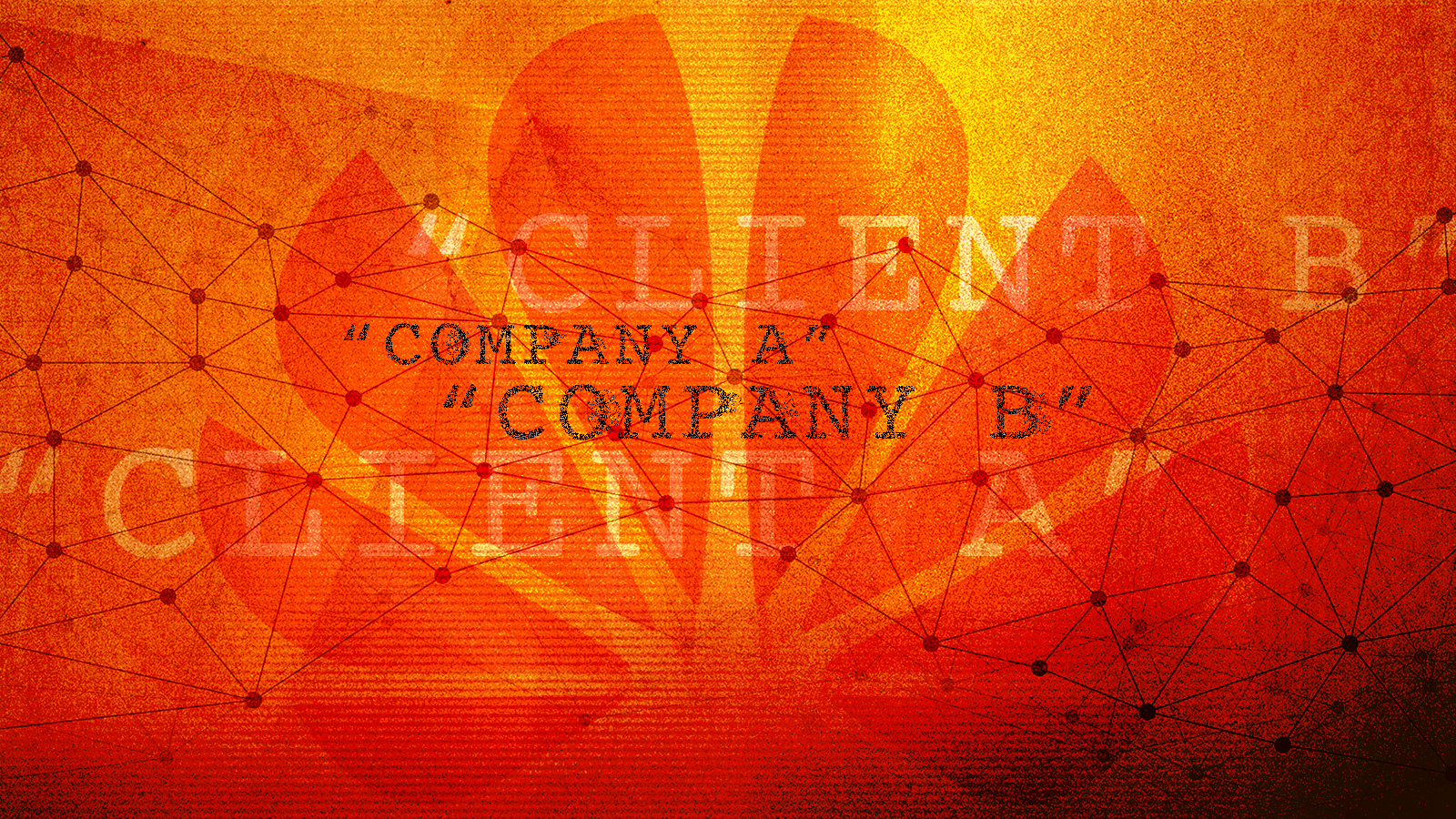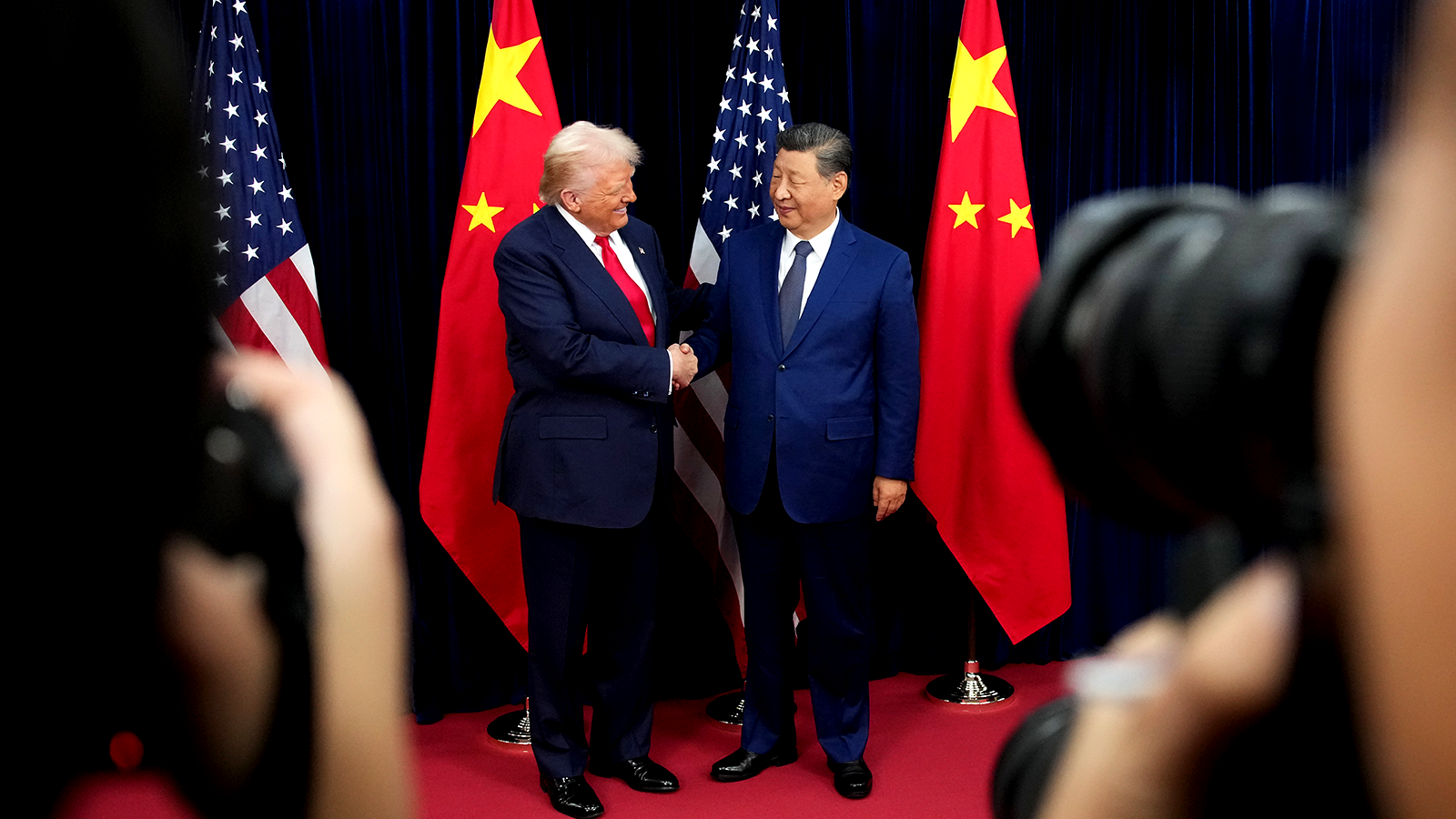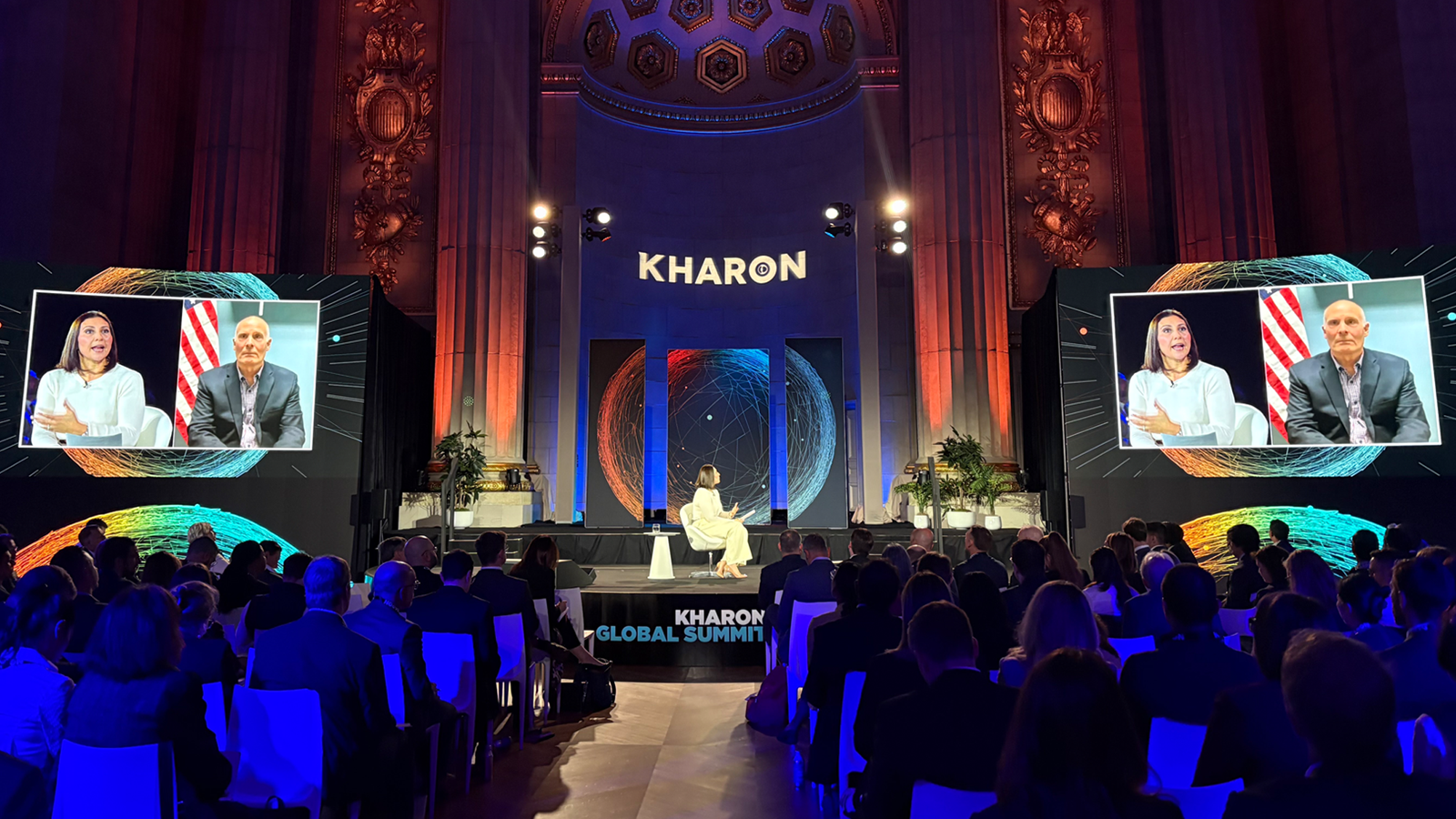The U.S. has transformed its export controls in recent years from a niche tool into a centerpiece of economic deterrence and warfare against China and other state actors.
That new national-security landscape is forcing businesses across sectors, experts said this month at the Kharon Global Summit, to start up, bolster or overhaul their compliance programs—or risk costly violations.
“In my opinion, there’s really no industry that engages in exports, brings foreign nationals into the U.S. or conducts cross-border R&D that does not have to worry about export controls,” said Melissa Mannino, former chief of the enforcement and litigation division at the Department of Commerce. “A common mistake is that companies do not understand how export controls apply to them. We often hear companies say, ‘We don’t make bombs, [so] we don’t need to know about export controls.’
“That is not right—companies need to know how export controls affect their business and how they are going to address them.”
Mannino’s comments came during a panel with Matthew Axelrod, former assistant secretary for export enforcement at the Bureau of Industry and Security (BIS); Karla Haynes, vice president & deputy general counsel for global trade compliance at Cisco; and Kharon director Ethan Wooley.
Axelrod, early on, framed the stakes.
“Those state actors are trying to acquire very powerful, advanced U.S. technology in order to modernize their militaries to such a degree that they can surpass ours and change the balance of power in the world,” he said. It’s put export controls, which can be implemented more quickly than other regulatory actions, “at the center of the national-security fight in a way that they weren’t 20 years ago.”
BIS’s view is that this is “an all-hands-on-deck moment,” said Axelrod, who is now a partner at Gibson Dunn. “And those hands can’t just be the hands of manufacturers, distributors, exporters. They’ve got to include everyone in the chain of an item getting from here to there. That includes freight forwarders ... and it includes financial institutions.”
And the government, beyond its enforcement role, must engage with industry to educate leaders on the regulations and responsibilities, Axelrod added.
That’s why, as he recounted, BIS during his tenure released guidance memos to “help companies understand what the rules are and why they’re important to comply” and worked with FinCEN to put out “specialized [Suspicious Activity Report] terms that banks could file when they saw potential export-control violations.”
Axelrod said that when he was at BIS he consistently made clear that he “would much rather” help companies comply than have to impose a penalty. “If you’re bringing enforcement action on the back end, the national security harm has already happened,” he said.
But all of that work, on the front and back ends, will require BIS to have the sufficient resources to do it.
That new national-security landscape is forcing businesses across sectors, experts said this month at the Kharon Global Summit, to start up, bolster or overhaul their compliance programs—or risk costly violations.
“In my opinion, there’s really no industry that engages in exports, brings foreign nationals into the U.S. or conducts cross-border R&D that does not have to worry about export controls,” said Melissa Mannino, former chief of the enforcement and litigation division at the Department of Commerce. “A common mistake is that companies do not understand how export controls apply to them. We often hear companies say, ‘We don’t make bombs, [so] we don’t need to know about export controls.’
“That is not right—companies need to know how export controls affect their business and how they are going to address them.”
Mannino’s comments came during a panel with Matthew Axelrod, former assistant secretary for export enforcement at the Bureau of Industry and Security (BIS); Karla Haynes, vice president & deputy general counsel for global trade compliance at Cisco; and Kharon director Ethan Wooley.
Axelrod, early on, framed the stakes.
“Those state actors are trying to acquire very powerful, advanced U.S. technology in order to modernize their militaries to such a degree that they can surpass ours and change the balance of power in the world,” he said. It’s put export controls, which can be implemented more quickly than other regulatory actions, “at the center of the national-security fight in a way that they weren’t 20 years ago.”
On supporting industry compliance
Foreign diversion risks are on the rise, Mannino warned, and so is the use of front and shell companies to obscure them. That makes customer due diligence, particularly around exports of advanced technology, more crucial and “much more complicated,” she said.BIS’s view is that this is “an all-hands-on-deck moment,” said Axelrod, who is now a partner at Gibson Dunn. “And those hands can’t just be the hands of manufacturers, distributors, exporters. They’ve got to include everyone in the chain of an item getting from here to there. That includes freight forwarders ... and it includes financial institutions.”
And the government, beyond its enforcement role, must engage with industry to educate leaders on the regulations and responsibilities, Axelrod added.
That’s why, as he recounted, BIS during his tenure released guidance memos to “help companies understand what the rules are and why they’re important to comply” and worked with FinCEN to put out “specialized [Suspicious Activity Report] terms that banks could file when they saw potential export-control violations.”
Axelrod said that when he was at BIS he consistently made clear that he “would much rather” help companies comply than have to impose a penalty. “If you’re bringing enforcement action on the back end, the national security harm has already happened,” he said.
But all of that work, on the front and back ends, will require BIS to have the sufficient resources to do it.

Matthew Axelrod, former assistant secretary for export enforcement at BIS, speaks during the Nov. 5 panel. (Kharon photo)
On building a compliance team for ‘fluid’ times
Speaking less than a week after the announced suspension of the BIS Affiliates Rule, Mannino urged business leaders to build teams capable of adapting to regulatory change on short notice.“Companies and their compliance programs need to be nimble. They have to keep up [with] what’s happening in the law and the policies,” especially given the “fluid“ state of export controls amid trade negotiations, said Mannino, now a partner at BakerHostetler. Essential building blocks for companies, she said, are “a proper tone at the top,” “a robust training program” and “a compliance program that you can quickly adapt.”
More companies, the panelists observed, have been addressing the complexities by bringing their compliance-related personnel in-house, including counsel.
“A compliance program should not be a document that just sits on a shelf. It has to be a living document,” she continued. “Policies and practices, including screening, need to be enhanced as the risks and regulations continue to grow. This is very important, as the consequences for noncompliance have never been greater.”
On AI chip controls
The most-discussed U.S. export controls of the moment are those on the advanced computing chips that fuel artificial intelligence. Such measures have, at turns, faced pushback from multiple sides:- from U.S. chip manufacturers like Nvidia, who call them burdensome on their businesses;
- from China, which calls them unfairly restrictive; and
- from critics who call them still too lax, allowing Chinese companies to continue to acquire U.S. tech and advance the country’s AI program anyhow.
“And so [there is] a lot of thinking about what must we restrict because it’s essential to our national security. Then we want to encourage sales of everything on the other side of that line. But making sure that line is in the right place is a real challenge.”
Jane Tang contributed to this report.
The Kharon Global Summit took place under the Chatham House Rule. The Brief sought and secured panelists’ consent to be quoted before publishing.












